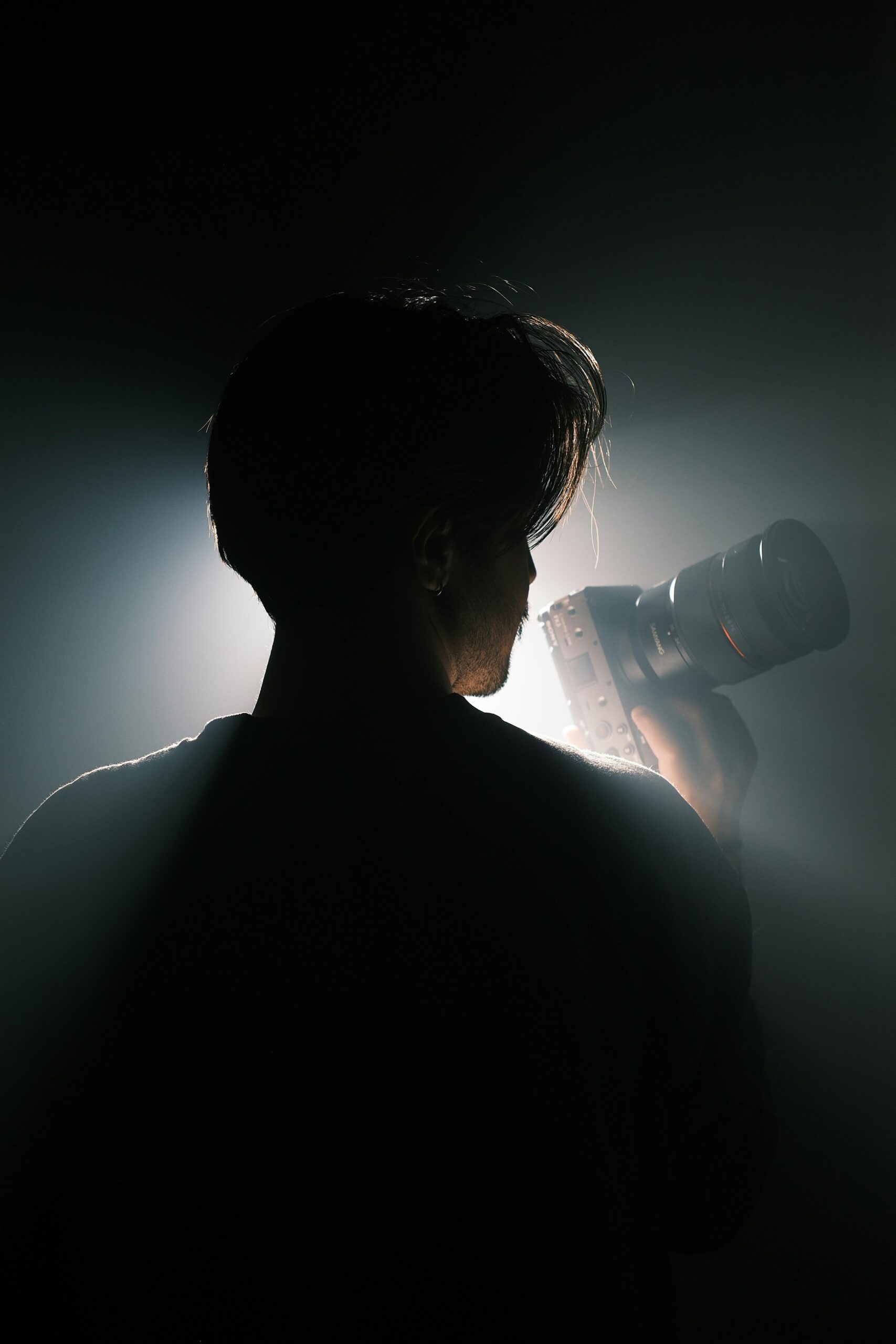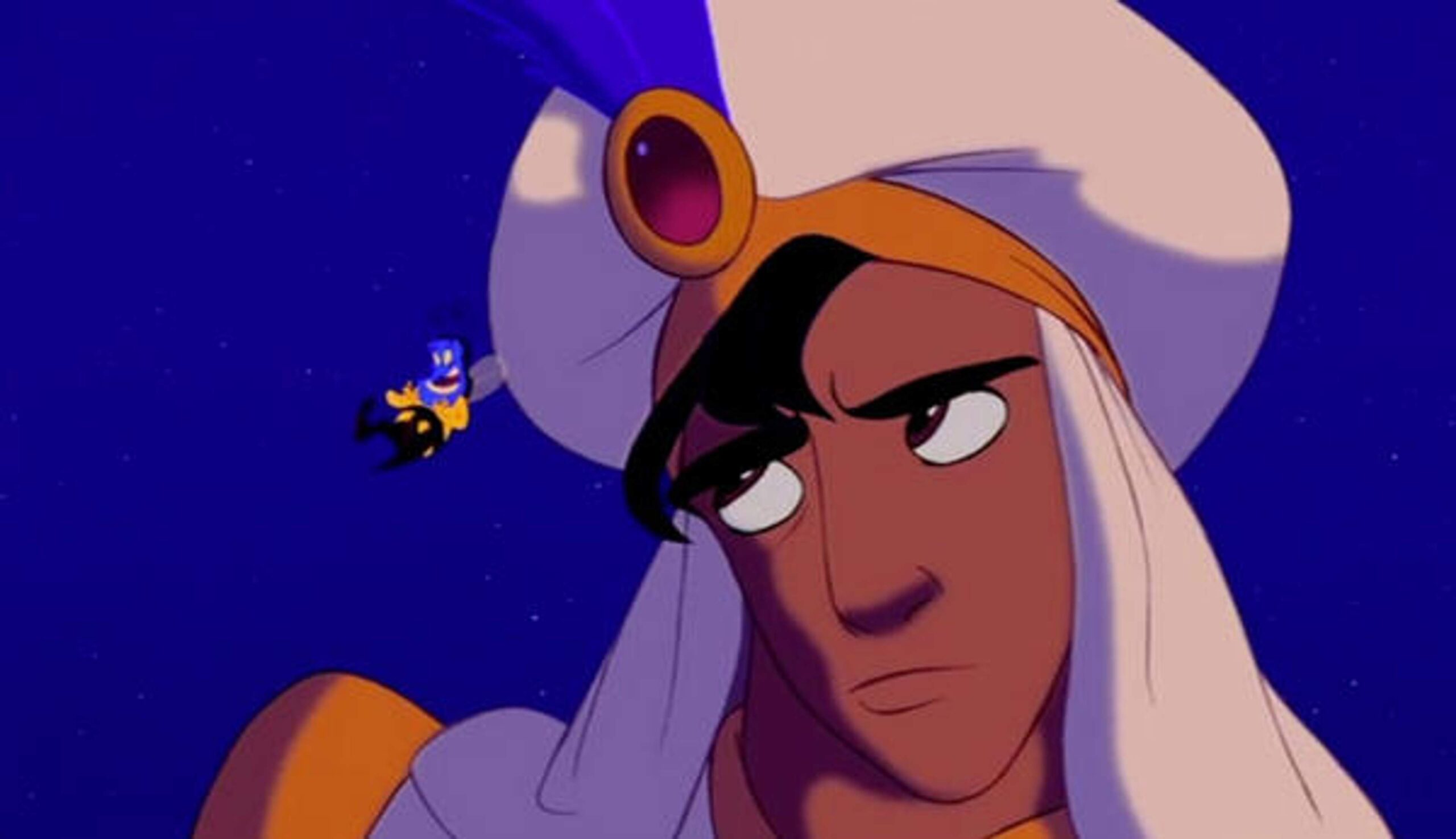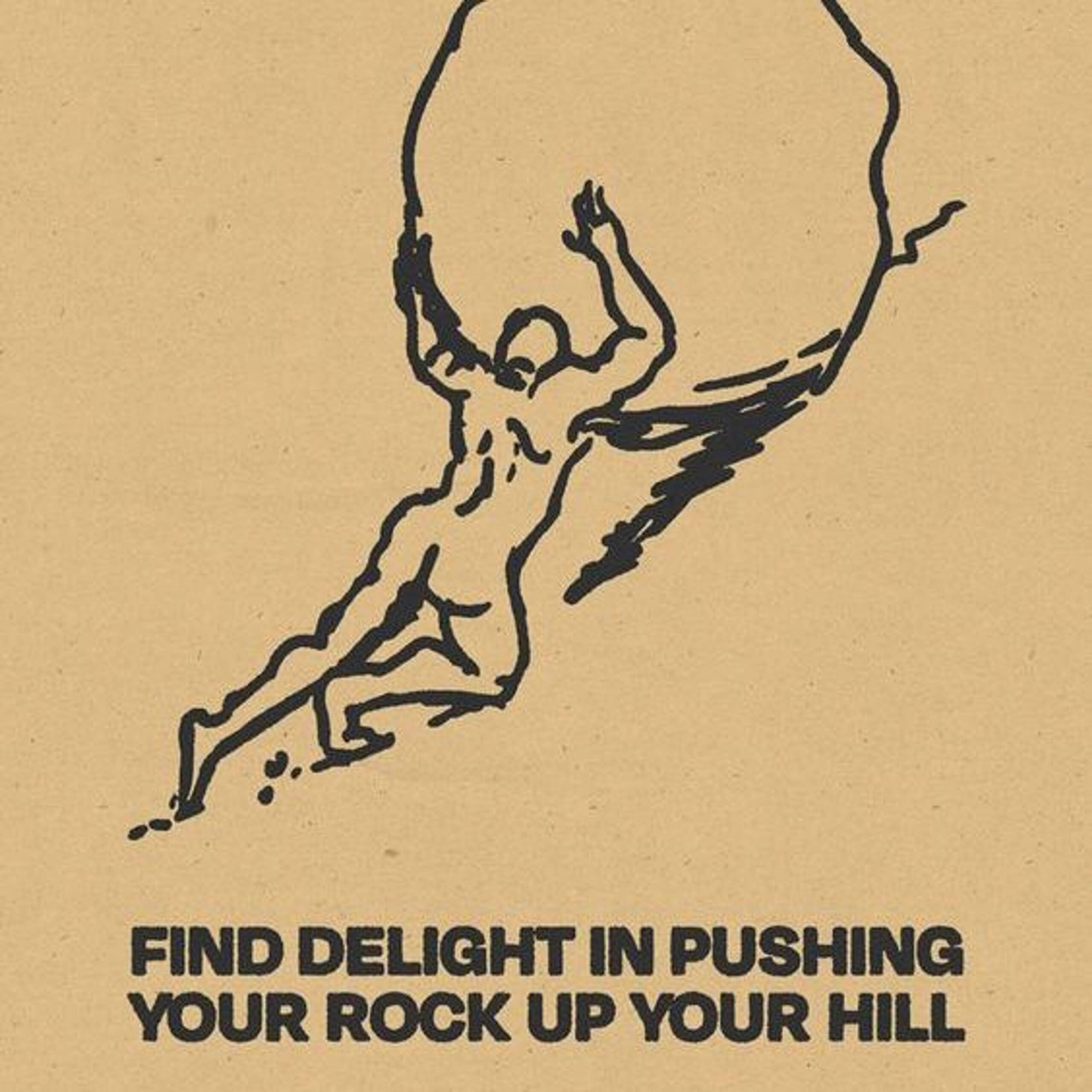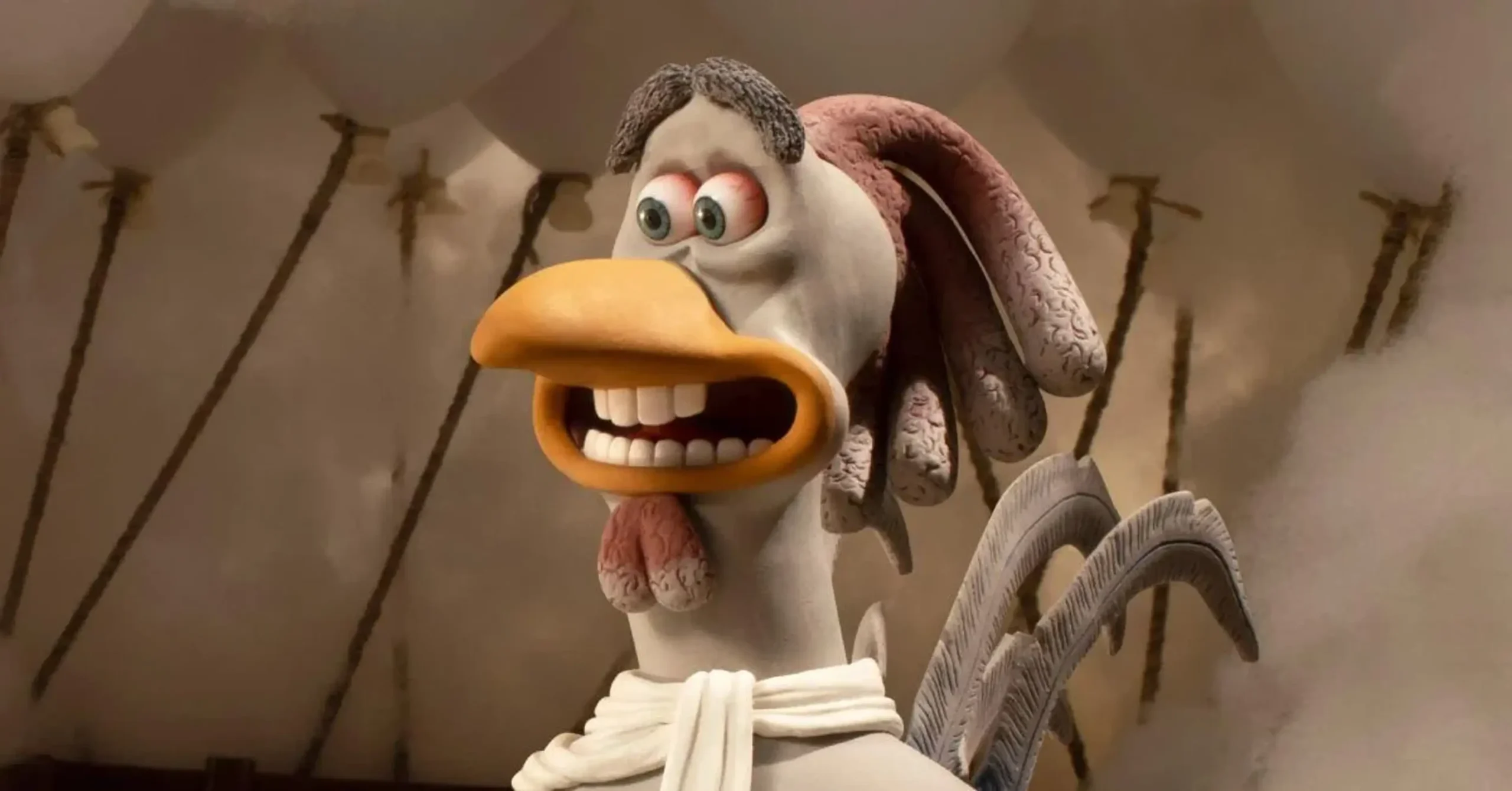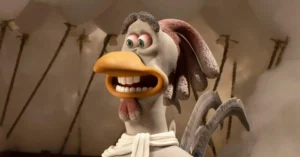Filmmaking Has Changed
Hey, you.
I know you’re thinking about this a lot.
The moment you decide to pick up a camera and tell a story, it’s not about money. Not about fame. It’s about something deeper—a need to capture something real. A feeling. A moment. A truth that would otherwise disappear.
For years, you believed filmmaking was an exclusive club. Hollywood. Big budgets. Film school. Gatekeepers. If you didn’t have the right connections, you weren’t a filmmaker.
But that was a lie.
The truth? Filmmaking has been democratized. The tools are in your pocket. The access is limitless. If you have something to say, you can say it. The question is—will you?
The Old vs. The New: What Filmmaking Used to Be vs. What It Is Now
Filmmaking used to be about permission. You needed a studio to greenlight your film. A producer to fund it. A distributor to put it in theaters. It was an industry built on exclusivity.
Now? The barriers are gone.
- Sean Baker shot Tangerine on an iPhone.
- David F. Sandberg made a no-budget horror short in his apartment (Lights Out). Hollywood called.
- Casey Neistat picked up a camera, documented his life, and changed the way storytelling worked online.
- Matthew Holmes created The Legend of Ben Hall, proving that independent filmmakers can take on massive, ambitious projects with the right target market.
You don’t need permission anymore.
That’s liberating. But it’s also terrifying.
Because if the tools are available to everyone, then the only thing stopping you is you.
Why Do You Want to Tell Stories?
The tools are everywhere now. Cameras in every phone. Free editing software. Distribution platforms that don’t require approval.
So why aren’t you making films?
You’ve told yourself for years that you need more time. More money. More experience. But deep down, you know the truth.
You’re scared.
Scared that the story you want to tell isn’t good enough.
But filmmaking isn’t about perfection. It’s about honesty. It’s about capturing something that matters—even if it’s rough, even if it’s raw.
Some of the most powerful films ever made weren’t about budgets. They were about impact.
- The Long Goodbye (Riz Ahmed) – A simple but devastating short film about identity and belonging.
- Lava – A one-take social commentary, shot with almost no budget but still widely shared.
- Bad Taste (Peter Jackson) – A scrappy, low-budget sci-fi horror film that Jackson shot with his friends over four years. It launched his career and eventually led him to helm The Lord of the Rings trilogy.
These films worked not because they had the best cameras, but because they had something to say.
And that’s the difference between waiting for the right time and just starting.
Your Filmmaking Story: The Moment You Realized You Didn’t Need Permission
You remember the first time you picked up a camera and thought, this is something I could do forever.
You didn’t have the best gear. You didn’t have an industry mentor showing you the way. But you had an idea, and you had the urge to make it real.
Matthew Holmes’ The Legend of Ben Hall made you realize that anyone can do it. Here was an Australian filmmaker tackling a massive historical epic—something that seemed impossible for an independent filmmaker. But he did it.
The real challenge? Money. Filmmaking isn’t just about having the right tools; it’s about finding ways to sustain your craft.
That’s why you took a different path—corporate filmmaking. You worked for brands like NAB, PUMA, and Cricket Australia, crafting branded content that still held the essence of storytelling.
And you learned something important: the act of filmmaking takes many different forms, but its power remains the same. Whether you’re making a commercial, a documentary, or a feature film, the goal is always to connect with people, to make them feel something.
You’ve had your share of missteps. Ideas that didn’t pan out. Projects that never got finished. Times when you questioned if you were even a “real filmmaker.” But through all of that, you kept creating. And with every project, you realized:
You don’t need anyone’s permission to tell a story.
So why are you still waiting?
The Challenge: What Will You Create?
Filmmaking isn’t just about movies. It’s about capturing life. It’s about telling the stories that would disappear if you didn’t tell them.
So here’s your challenge: make something.
Pick up whatever camera you have. Tell a story that matters to you. Start small—a one-minute film, a scene, a visual experiment, a TikTok (ugh). Something real.
Because the truth about filmmaking no one tells you?
It’s yours if you want it.
So… what will you make?

